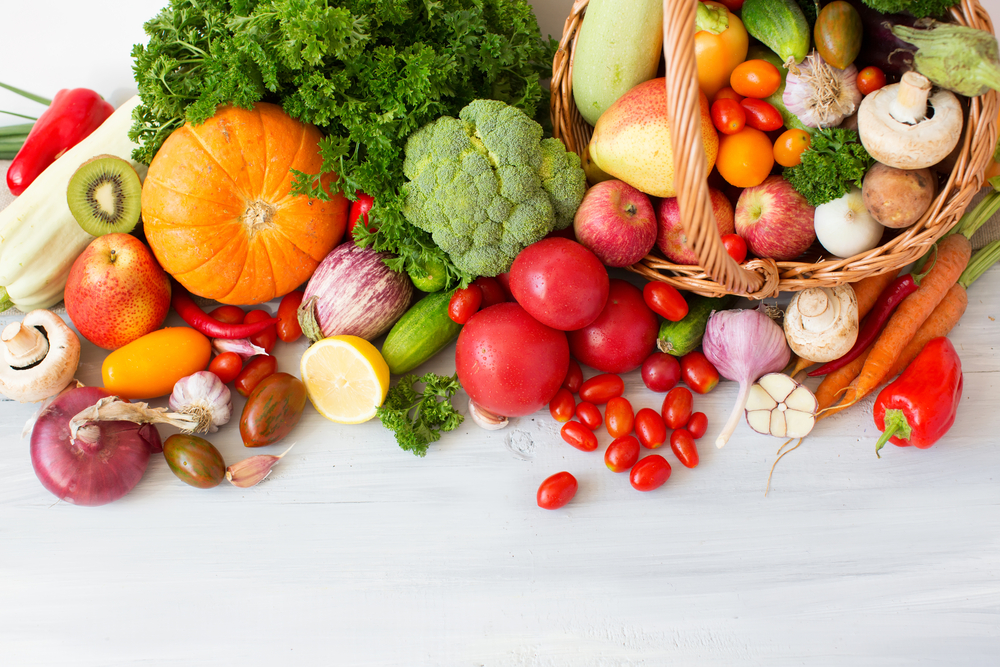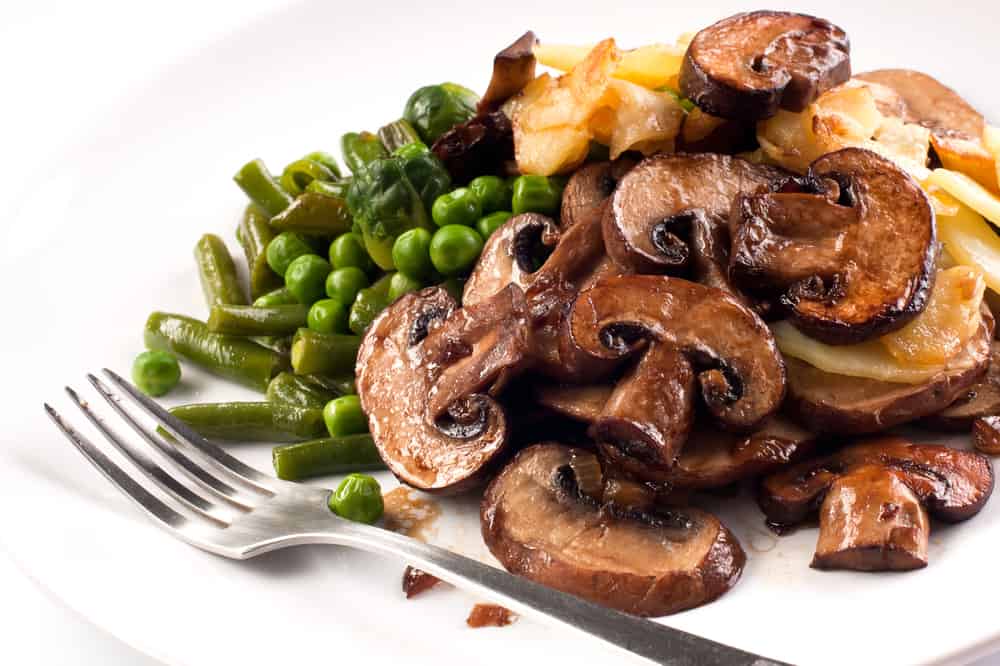Contents:
- Medical Video: What's the Difference Between Fruits and Vegetables?
- Get to know the differences in fruit and vegetables
- Based on the structure
- Based on the taste
- Based on nutrition
- Why know the difference between fruit and vegetables?
Medical Video: What's the Difference Between Fruits and Vegetables?
Everyone knows that fruits and vegetables are healthy foods that are important for daily consumption. However, there are still many who are confused about mentioning, for example tomatoes. Some of the people who call tomatoes are fruits, some say tomatoes are vegetables. Many also argue about cucumber, chili, and pumpkin including fruit or vegetables. Which one is true? Well, find out the difference between fruit and vegetables in the following review.
Get to know the differences in fruit and vegetables
According to Pauline Ladiges, a professor at the botanical school at The University of Melbourne, Australia told ABC, a news agency in Australia, that there are clear differences between vegetables and fruits based on botanical knowledge. To find out the difference, see the explanation below.
Based on the structure
The fruit comes from seed plants that develop after pollination. The pollination process occurs when pollen falls and attaches to the stigma. Then, fruit seeds in the ovary will form which over time will swell and mature to become fruitful.
Fruits usually have fruit flesh and are attractive in color so that they attract insects to eat them. In addition, the fruit is the result of plants that contain seeds from the plant itself. So, are tomatoes included in the type of fruit or vegetable? You can already guess that tomatoes are a type of fruit, not vegetables. Likewise with chili, pumpkin, cucumber, peppers, and olives.
While vegetables are parts that are not flowering or have seeds. You can eat the leaves like spinach; eaten by the stem like celery; eaten by root parts like carrots; and eaten by the tubers like potatoes.
Based on the taste
Not only from plant structure, grouping of fruits and vegetables is also seen in terms of culinary. Fruit can usually be enjoyed directly and tastes sweet or sour. Fruit is usually found easily as a dessert, snack, or juice. While vegetables are usually processed first and served with a savory flavor. Usually served as a side dish or main meal.
However, some fruits are also often mistaken for vegetables because of the taste. For example pumpkin, cucumber, eggplant, paprika, or beans. Everything belongs to the fruit group based on botany. Vice versa, there are many vegetables that are thought to be fruit because they taste sweet compared to other vegetables. For example sweet potatoes, carrots, or radishes.
Based on nutrition
Vegetables and fruit have many similarities in terms of nutrition. Both are high in fiber, vitamins, minerals, antioxidants, and other plant compounds that are good for the body. Fruits and vegetables also have fat and low sodium levels. However, it should be noted that fruits tend to have higher amounts of sugar and natural calories than vegetables. One cup of sliced apple contains 65 calories and 13 grams of sugar, while one cup of broccoli contains 31 calories and 2 grams of sugar.
Then, compared to vegetables, fruit is superior in fiber content. The fiber content per 100 grams for fruit ranges from 2-15 grams, while leafy vegetables of the same weight contain 1.2-4 grams of fiber. However, leafy vegetables contain more than 84-95 percent water, while fruits contain 61-89 percent water.
Why know the difference between fruit and vegetables?
e lecturer at the School of Excercise and Nutrition Science at Queensland University of Technology and chairman of the Australian Dietary Guidelines, Amanda Lee stressed that knowing the difference between vegetables and fruit helps you to meet the daily intake of fruits and vegetables.
In one day, you are encouraged to consume 75 grams of vegetables and 150 grams of fruit. This is the optimal amount of food intake that the body as a whole needs. More fruit because fruit produces more energy than vegetables. That's why many health experts recommend eating lots of fruit.
There have been many studies that show the benefits of eating fruits and vegetables for health, such as reducing the risk of heart disease and cancer, controlling weight, to maintain blood sugar levels so as to avoid diabetes and maintain a healthy digestive system and other body health. So, have you eaten fruit and vegetables today?












